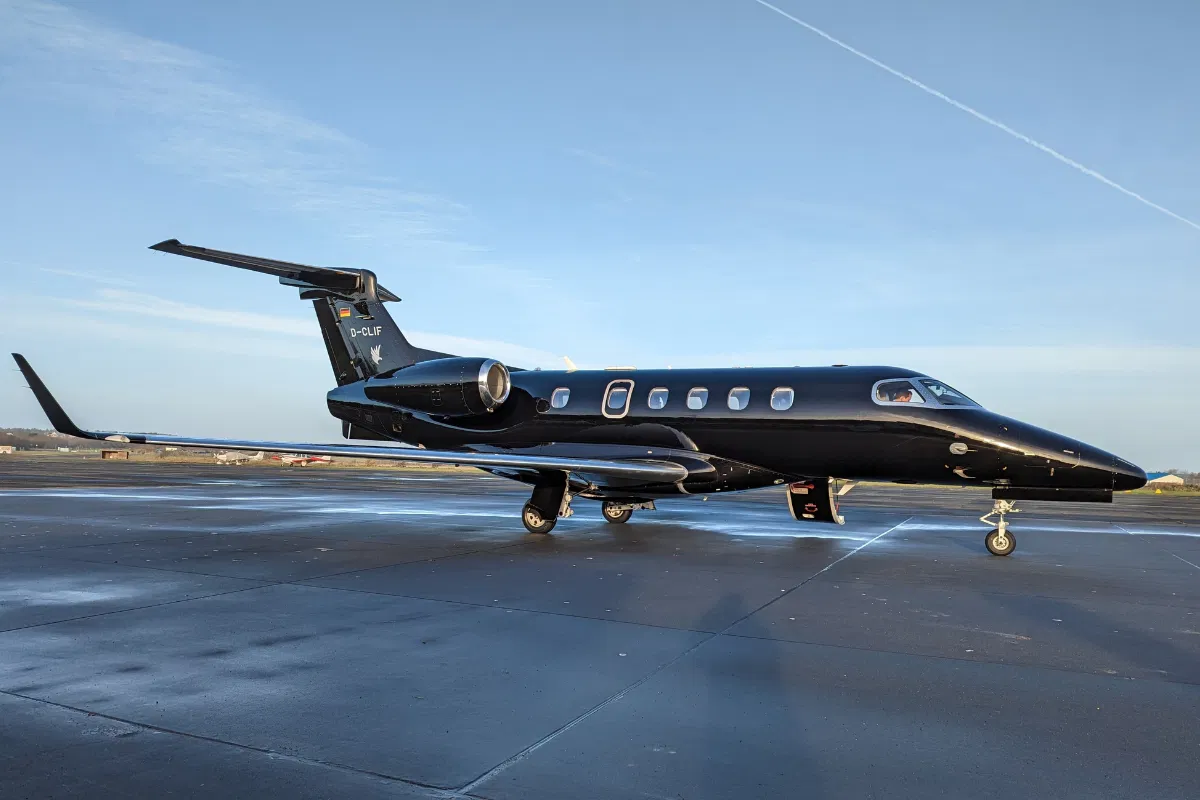By Tarek Salame
A new coalition of eight countries, led by Spain and France, has pledged to introduce taxes on luxury air travel, including first-class tickets and private jets. This is a way to fund climate adoption in the world’s most vulnerable regions. The announcement came after a global summit on climate financing and health in Seville. Leaders have framed the move as a solidarity levy rather than a punishment, with support from both Caribbean and African States. This proposal signals a growing momentum for taxing elite polluters to generate reliable climate funds. Especially at a time when traditional aid flows stagnate and carbon emissions from private aviation continue to soar.
By focusing on luxury travel, the Coalition reframes taxation as a tool of global fairness rather than just a domestic burden. With France and Spain at home and support from several nations in the South, this initiative lends political weight to a long-standing call for politics to contribute proportionally through recurring, enforceable fiscal mechanisms.
Who’s involved?
This coalition brings together eight countries from across four continents, including France, Spain, Kenya, Barbados, Somalia, Benin, Sierra Leone, and Antigua and Barbuda.
Their common goal is to introduce a fair recurring tax on first-class flights and private jets, with the revenue earmarked for climate adaptation in the world’s most vulnerable regions.
This proposal was unveiled at the Finance Summit on June 30 in Sevilla and is designed to be simple and replicable.
Each country would apply a surcharge on luxury air travel departing from its territory. Unlike the carbon offset schemes, which are voluntary airline contributions, this would be a mandatory levy.
The levy would be collected by governments and redirected into international climate funds.
French officials have described it as a means to link the privilege to responsibility, particularly as private aviation emissions continue to rise while development aid remains stagnant. This is a starting point for a broader fiscal transformation in global climate policy.
With two major EU countries leading the charge, this can pressure others to follow, especially ahead of the COP30 climate talks in Brazil in 2026.
Why luxury air travel is being targeted
Studies have shown that first-class seats and private jets generate a much larger carbon footprint than economy travel, and in some cases, can be up to 20 times more per person. Private jets are the most polluting modes of Transport per kilometre, and they’re often used for shorter flights that can be easily replaced by train or commercial alternatives.
A 2023 report by Greenpeace found that just 1% of the global population is responsible for more than half of all Aviation emissions.
The first-class and business-class flyers make up a significant share of that footprint.
Despite all this, aviation travel remains undertaxed. Most international flights are exempt from fuel duties and VAT, and there are no carbon taxes on air travel. So, by focusing on premium flyers, the coalition argues that this approach is both equitable and effective.
One estimate from CE Delft, a Dutch environmental consultancy, suggests that a levy on premium aviation could raise over €100 billion annually if adopted more broadly — funds that could directly support climate resilience in frontline nations already dealing with floods, drought, and displacement.
Pushback from the aviation sector
Industry groups, such as IATA and ACI Europe, have argued that adding taxes to air travel will do more harm than good. They claim that funds would be better spent on supporting sustainable aviation fuel, fleet upgrades, and trials of electrification, rather than being siphoned off through what they describe as “political signalling.”
Private aviation lobbyists were more direct, warning that the levy could be a disaster for jobs and regional connectivity, particularly in sectors such as business aviation, tourism, and aircraft manufacturing.
Emissions from private aviation have continued to rise, and Greenpeace, as well as other NGOs, argue that taxing the excess is not incompatible with innovation. The wealthiest flyers are in the best position to observe the cost.
As with most green policy shifts, the debate isn’t just about economics. It’s about power — who pays, who pollutes, and who decides what a fair transition looks like.
A new kind of climate responsibility
This is about calibrating fairness in the systems where emissions are uneven and the consequences are global. Private jet owners may make up a tiny fraction of flyers, but their carbon footprint can rivals that of entire communities.
For small island states and drought-hit nations, even a small slice of that wealth could mean the difference between survival and retreat. What began as a technical proposal has now become a political marker, one that may influence how climate finance evolves in the next decade.
Whether the EU follows or whether the other blocs adopt similar levels will determine if this remains a well-meaning experiment or becomes a permanent part of global climate policy. Either way, in the age of the climate crisis, luxury is not exempt.
